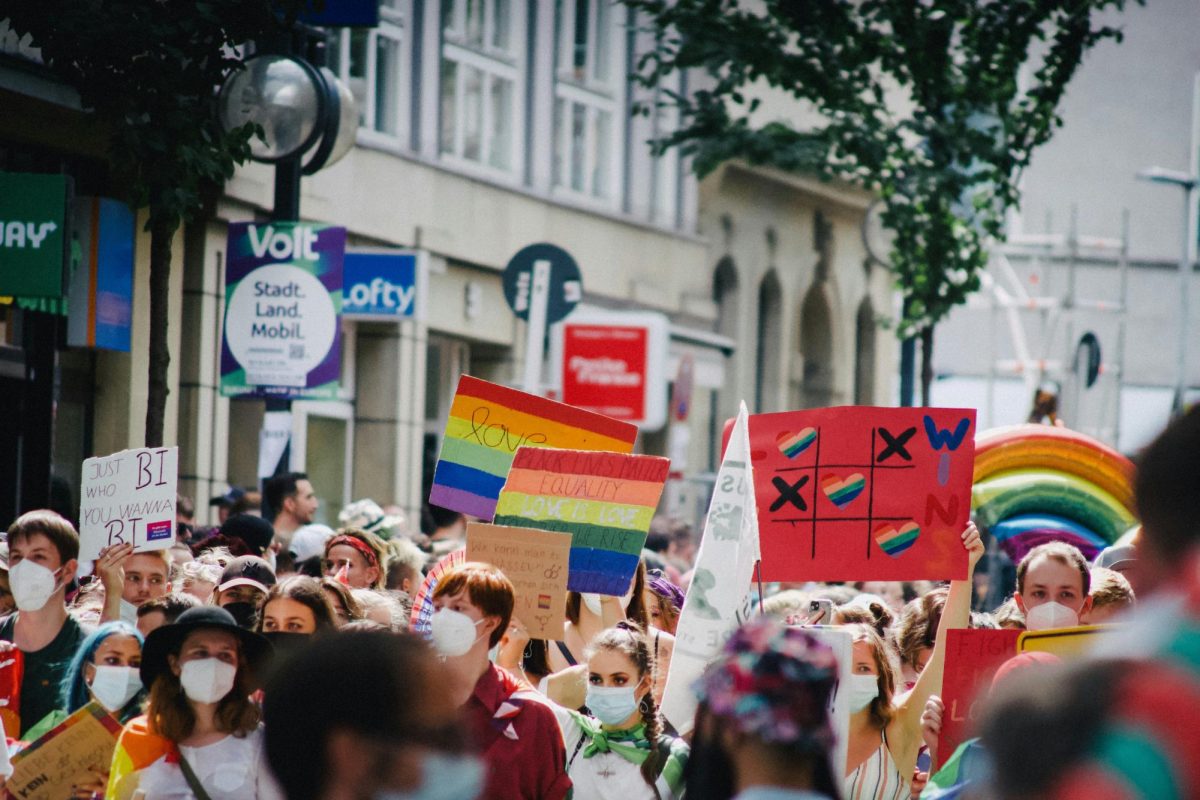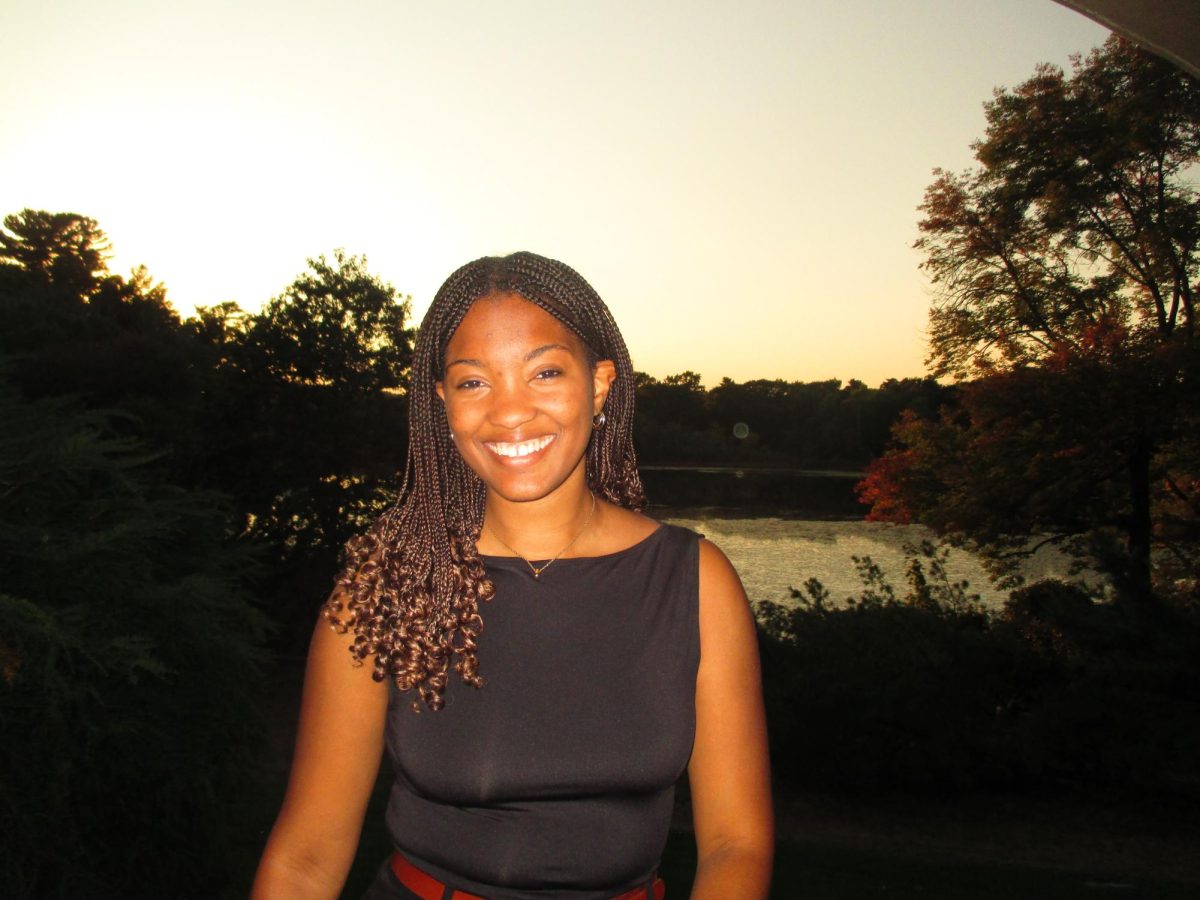Whether you are a Marvel fan or not, you probably have heard of WandaVision, the superhero sitcom and the first canon-compliant TV series in the Marvel Cinematic Universe (MCU). You may have also come across a plethora of fan theories and speculation about what each episode might mean for the MCU as week by week, we learned more about Wanda and Vision, the main characters, and their relationship.
The show started out as a simple sitcom with Wanda and Vision living an idyllic life in the suburbs, and trying to act “normal” and not like the android and superpowered people they were. But it did not take long before a strange sense of dread kicked in, as reality soon came knocking at Wanda’s door.
What started out as a strange superhero sitcom very quickly became a pertinent exploration of the scars from grief and trauma.
As the series goes on, we learn that Wanda created a bubble reality for herself in the town of Westview, New Jersey to manufacture the perfect life she could never have with Vision: a home, a family and a normal life. But, it is revealed that she had trapped all of Westview’s residents and Vision was simply another magical creation. In the eighth and penultimate episode, we take a journey along with Wanda through her life, first the loss of her parents, then her brother and then, finally, Vision. We learn that she constructed her version of Westview out of grief for the life she could never have, and modeled it on the sitcoms she watched growing up. Her bubble was never meant to last.
I have spent much of this year returning to the shows, movies and books that I loved, searching for some sense of normalcy when the rest of the world was going through unspeakable pain and grief. It is a habit born out of living with a lot of change.
As I watched, Wanda’s predicament became more and more familiar, as she clawed for some normalcy, in a life modeled on her favorite stories. It almost hit a little too close to home, as we all watched from our own bubbles, isolated from the rest of the world.
We have just surpassed multiple one-year anniversaries of the very beginning of the pandemic: school closings, first COVID death, first days of lockdown and more. We have spent a year disconnected from each other with nowhere to go, so we turn to things that comfort us, like Wanda does to sitcoms whenever nothing else makes sense. How can we possibly address the grief of those 500,000 lives in the US alone? How can we possibly address all the grief of the lost moments with our families and friends, all the milestones we should be celebrating? How do we even comprehend everything we have lost in this year?
It is so much easier to bury ourselves in bingeing our favorite shows, or rewatching the movies whose dialogues we know by heart or re-reading those books that we never get tired of, rather than actually confronting the incomprehensible pain of the real world.
In the face of unending grief, Wanda tried to live a life like those whose stories she took refuge in. But she cannot suppress what has happened to her forever, and neither can we.
In the very same episode where we learn why Wanda created her reality, we walk through the past to a scene set soon after the death of Wanda’s brother. She is watching a sitcom, again, and Vision attempts to console her with a simple but rather profound thought: “What is grief, if not love persevering?”
It is a simple phrase, but it struck a chord with its audience. I saw hundreds of people sharing their stories on social media of loved ones they had lost, to COVID or otherwise, and appreciating the line for giving shape to their grief in a different way. This may not even be the first time grief has been represented like this, but it touched all the more people for its relevance when we have no way to comfort each other or share our grief beyond online interaction. It gave people a much-needed moment of shared emotion, when all of us have been so disconnected.
I have always loved stories of superheroes, magic and mythology. I love to imagine worlds of magic and monsters, where good always prevails, and heroes fight the worst of villains and emerge victorious. It was always just fun for me, until I found that these heroes, as unrealistic as they may be, actually represented some parts of my life too.
I found Kamala Khan a.k.a Ms. Marvel, a Pakistani-American Muslim teenage superhero who struggled with living in between two different cultures like I did. I found she went through many of the same problems I did, and she made me see my life in a different way. Seeing her made me want to write, and these words you are reading now are because of her. I wanted people to see themselves the way I did, and now here I am.
WandaVision’s representation of the way grief can be so very difficult to move on from is important for this very reason. People saw their grief differently because of how Wanda dealt with hers, by trying to avoid it, as so many of us do this.
In the finale of the show, Wanda finally lets go of Vision and the reality she has manufactured, after realizing her power caused it all in the first place, and the pain she caused for those trapped in her reality. She lets go of the life she dreamed of, and her bubble grows smaller until it is gone. She finally confronts her pain, and she inspires us to do so too.
But Wanda is not the only one confronting her grief in WandaVision. The show also introduced the MCU’s first Black female superhero, Monica Rambeau, an agent of S.W.O.R.D., an intelligence agency who has just returned from being “blipped” — wiped out of existence by Thanos — for five years, during which her mother passed away. Monica throws herself into her first assignment to deal with her grief, and inadvertently gets sucked into Wanda’s reality too. She eventually is cast out as soon as she challenges Wanda, but still attempts to break through to her, knowing how much pain her own grief has caused. The show focuses on Monica’s grief as well as Wanda’s, contrasting them in how Wanda lashed out to avoid her grief, but Monica reached out to share it and show Wanda she understood. There has been criticism, however, of the portrayal of Monica’s self-sacrifice, as she went so far as to take bullets for Wanda’s children.
Wanda eventually leaves Westview, where she was supposed to have a life with Vision, seen as a villain by its other residents because of the pain she has inadvertently caused by trapping them in her reality. Grief impacts not only the grieving, but those around them, and the show quite literally showed how pervasive it can be.
While WandaVision was a story of superheroes, it turned out to mean much more than that. It explored the effects of grief, and represented the disconnect and isolation we all feel during the pandemic. Despite only one mention of the terrible word “quarantine” in the seventh episode, it may be the most pandemic-relevant television series to come out of quarantine.
Wanda may have finally confronted her grief and let go of the life she constructed, but will we?
Will we ever learn to let go of that year we never had? The goodbyes we were robbed of? The milestones we were supposed to celebrate together?
Maybe, maybe not. But there certainly is light at the end of this long, long tunnel. Vaccines are being distributed and in the summer, we will hopefully get to be together with all our family and friends again.
My father just got his first dose of the vaccine. We celebrated by finally breathing and relaxing just a little bit, knowing that he will be safer. We just moved into a new house, but have not been able to really welcome anyone inside yet. I can practically see the memories we will make with each other, and all our relatives, whenever they are able to come.
I believe we will learn to let go of the memories we should have made by turning to the beautiful ones we will make in the future.



